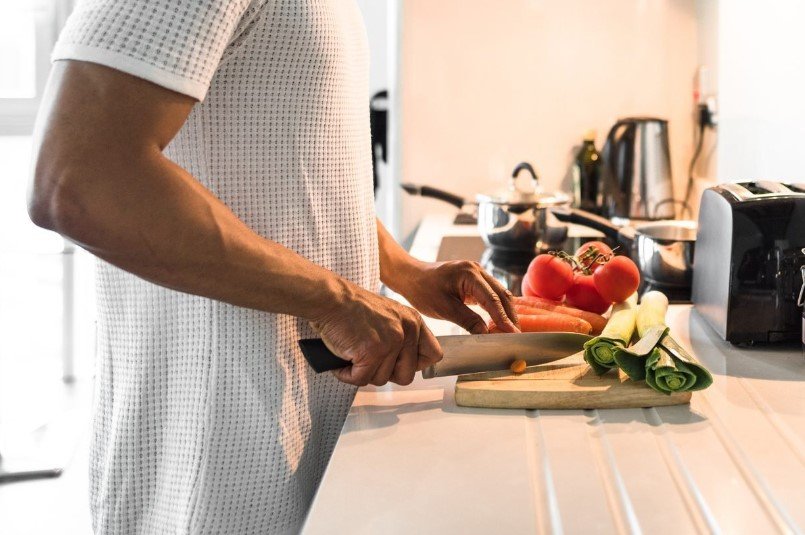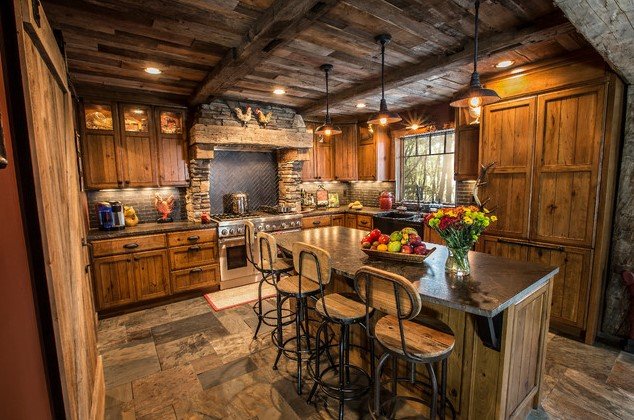
Kitchen Safety: Ensuring a Safe Culinary Environment
Introduction
In the bustling hub of culinary creation, ensuring kitchen safety is paramount. From preventing accidents to maintaining hygiene standards, a safe kitchen is the cornerstone of enjoyable cooking experiences. In this comprehensive guide, we delve into the intricacies of kitchen safety, offering insights, tips, and practices to foster a secure environment for all your culinary endeavors.
Understanding Kitchen Safety
In the realm of culinary arts, safety reigns supreme. Understanding the fundamentals of kitchen safety not only mitigates risks but also enhances efficiency and enjoyment in the culinary process. Let’s explore some essential aspects:
Importance of Kitchen Safety
Kitchen safety isn’t merely a precautionary measure; it’s a fundamental aspect of culinary practice. From preventing injuries to maintaining food quality, prioritizing safety fosters a conducive environment for creativity and innovation.
Common Kitchen Hazards
Navigating the kitchen terrain involves being mindful of potential hazards. From slippery floors to sharp utensils, identifying and addressing common kitchen hazards is crucial for accident prevention.
Safety Protocols and Practices
Implementing robust safety protocols is the cornerstone of a secure kitchen environment. From proper handling of knives to maintaining cleanliness, adhering to safety practices ensures a smooth and risk-free culinary journey.
Essential Tips for Kitchen Safety
Now that we’ve laid the groundwork, let’s delve into actionable tips for enhancing kitchen safety:
Keep Surfaces Clean and Dry
Maintaining clean and dry surfaces minimizes the risk of slips and falls, promoting a safer cooking environment.
Proper Handling of Knives
Handle knives with care, ensuring proper storage and use to prevent accidents and injuries.
Fire Safety Measures
Equip your kitchen with fire safety tools such as fire extinguishers and smoke detectors, and familiarize yourself with emergency procedures to tackle potential fire hazards effectively.
Safe Food Handling Practices
Adopt safe food handling practices to prevent contamination and foodborne illnesses, ensuring the well-being of yourself and your loved ones.
Electrical Appliance Safety
Regularly inspect electrical appliances for any signs of damage or malfunction, and exercise caution when using them to prevent electrical accidents.
Childproofing the Kitchen
If you have young children at home, implement childproofing measures to keep them safe from kitchen hazards, such as securing cabinets and keeping hazardous substances out of reach.
Proper Ventilation
Maintain proper ventilation in your kitchen to dissipate cooking fumes and reduce the risk of indoor air pollution.
Emergency Preparedness
Stay prepared for emergencies by having essential first aid supplies readily available and knowing how to administer basic first aid in case of accidents.
Organizational Strategies
Keep your kitchen organized and clutter-free to minimize the risk of accidents and enhance efficiency during culinary endeavors.
FAQs (Frequently Asked Questions)
- What are the primary causes of kitchen accidents? Kitchen accidents commonly occur due to factors such as slippery floors, mishandling of sharp objects, and electrical malfunctions.
- How can I prevent burns while cooking? To prevent burns, always use oven mitts or potholders when handling hot cookware, and exercise caution around stovetops and hot surfaces.
- Why is it essential to keep kitchen appliances unplugged when not in use? Keeping kitchen appliances unplugged when not in use reduces the risk of electrical accidents, such as short circuits and electrical fires.
- What should I do in case of a grease fire? In the event of a grease fire, avoid using water and instead smother the flames by covering the pan with a metal lid or using a fire extinguisher specifically designed for grease fires.
- How often should I inspect my kitchen for safety hazards? It’s advisable to conduct regular safety inspections of your kitchen, ideally on a monthly basis, to identify and address any potential hazards promptly.
- What measures can I take to prevent foodborne illnesses? To prevent foodborne illnesses, practice proper food storage, handling, and cooking techniques, and ensure that perishable foods are stored at the appropriate temperatures.
Conclusion
Prioritizing kitchen safety is not only about mitigating risks but also about fostering an environment where culinary creativity can thrive. By adhering to safety protocols, implementing preventive measures, and staying informed about best practices, you can create a kitchen that is both safe and conducive to culinary exploration.
You May Also Like

Living Room Decoration: Elevating Your Space
August 1, 2024
Rustic Kitchen: Embrace Timeless Charm and Cozy Comfort
February 3, 2023